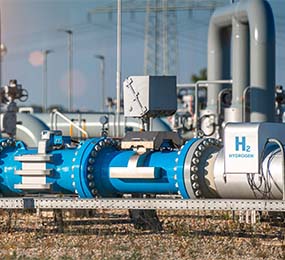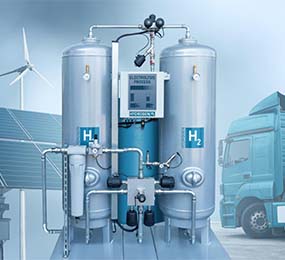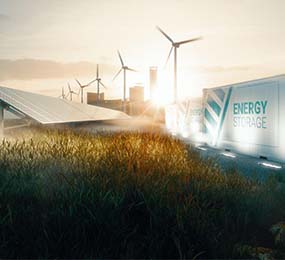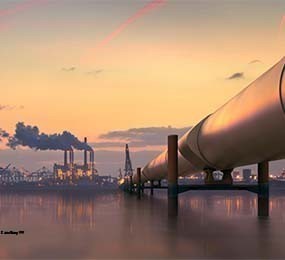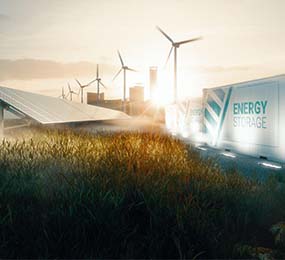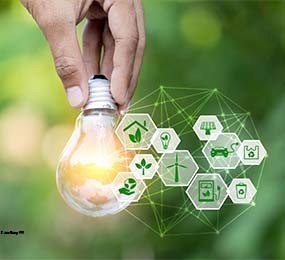Decarbonizing Europe's Shipping Industry: Future Fuel Options
Decarbonizing Europe's shipping industry is crucial for achieving the goals of the Paris Agreement on climate change. Shipping is responsible for about 2-3% of global greenhouse gas emissions, and decarbonizing the sector is essential to achieve the goal of limiting global warming to 1.5°C above pre-industrial levels. One of the key ways to decarbonize shipping is to transition from fossil fuels to low-carbon or zero-carbon fuels.
There are several fuel options that the shipping industry can use to decarbonize, such as biofuels, hydrogen, ammonia, and methanol. Each of these fuels has its advantages and challenges.
Biofuels are one of the most widely used alternative fuels in the shipping industry. They are derived from organic matter, such as vegetable oils, animal fats, or algae. Biofuels can reduce greenhouse gas emissions by up to 80% compared to fossil fuels, but their availability is limited, and they compete with food production.
Hydrogen is a zero-carbon fuel that can be produced from renewable sources such as wind and solar power. Hydrogen can be used directly in fuel cells to generate electricity, or it can be combusted in an internal combustion engine. The main challenge with hydrogen is its high cost of production and storage.
Ammonia is another potential zero-carbon fuel for the shipping industry. It can be produced from renewable energy sources and has a high energy density. Ammonia is already used as a fertilizer, and its infrastructure is well established. However, ammonia is highly toxic and requires careful handling.
Methanol is a low-carbon fuel that can be produced from renewable sources such as biomass or captured carbon dioxide. Methanol can be used in internal combustion engines or fuel cells, and it has a lower cost of production than hydrogen. However, methanol is toxic and has a lower energy density than diesel.
In addition to fuel options, there are other ways to decarbonize the shipping industry, such as improving energy efficiency and adopting new technologies, such as electric propulsion and hybrid systems.
Decarbonizing the shipping industry will require a coordinated effort from governments, shipping companies, and other stakeholders. Governments can provide incentives for the adoption of low-carbon fuels and technologies, as well as regulations to ensure a level playing field. Shipping companies can invest in new technologies and collaborate with each other to achieve economies of scale. Consumers can also play a role by choosing low-carbon shipping options, such as slow steaming or shorter supply chains.
In conclusion, decarbonizing Europe's shipping industry is essential to achieve the goals of the Paris Agreement. There are several fuel options available, such as biofuels, hydrogen, ammonia, and methanol, as well as other ways to improve energy efficiency and adopt new technologies. A coordinated effort from all stakeholders is needed to make the transition to a low-carbon shipping industry a reality.
Visit our website to know more: https://www.leadventgrp.com/events/future-fuels-europe/details
For more information and group participation, contact us: [email protected]
Leadvent Group - Industry Leading Events for Business Leaders!


